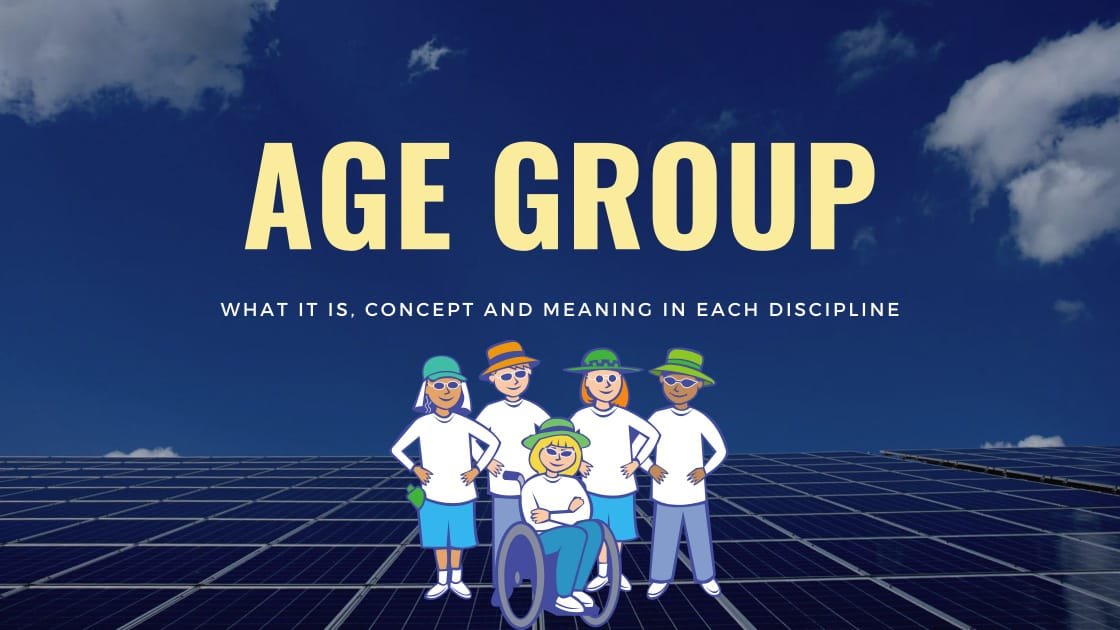Age group Meaning: We explain what an age group is and what the approach is like according to different disciplines. Also, what are the age groups in human life?
What is an age group?
An age group, age range or age group is a group of people who share the same age or moment in life, and who are of statistical or academic interest. In other words, we speak of age groups when a community or a group of individuals is classified into groups determined by age.
Age groups are common in sociological and marketing studies since it is often assumed that a set of people of more or less the same age have more or less similar interests, ambitions, and recurring behaviors. It is also important in medical and public health studies since the human body normally goes through similar stages.
In this way, when it is said that an “age group” or an “age group” has some characteristic or has some preference, it is being stated that people who are within a certain age range share that characteristic or act in that way. common.
The age groups are defined by those who carry out the study, but broadly speaking, five large age groups are usually considered in the course of a human life:
- Childhood (0 to 11 years)
- Adolescence (12 to 18 years old)
- Youth (19 to 30 years old)
- Adulthood (30 to 60 years)
- Old age (60 years and older)
Age or age?
According to the Royal Spanish Academy, the use of the word age instead of age is recommended. The term age comes from the Latin word aetas (“age”), derived from aevum (“time” or “epoch”), and is etymologically linked to other words such as “eternal” (aeternum) and “long-lived” (longaevus).
